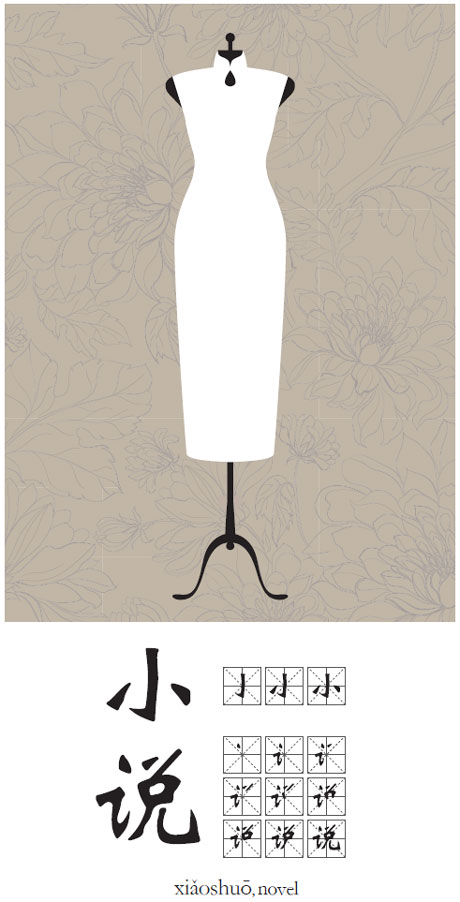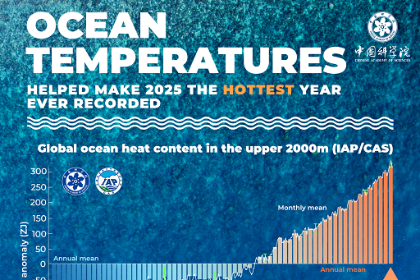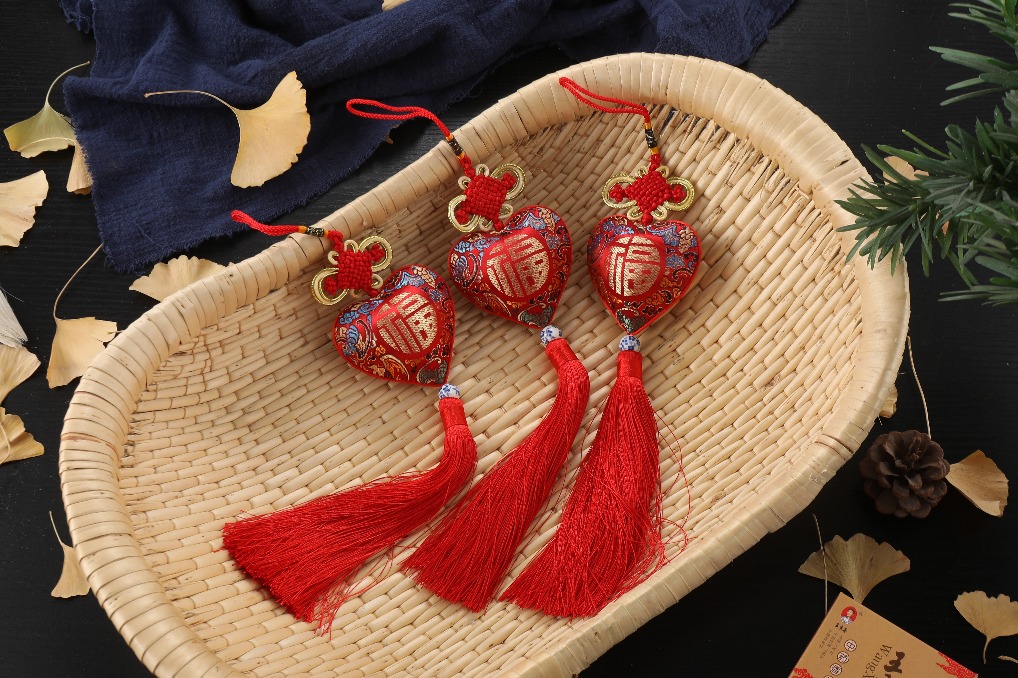Madness on the bridge and below the surface

Unsettling fiction scratches beneath a China in the not-so-distant past
The finest short stories leave much of their content unsaid; they are oblique and implicit, leaving the reader aghast - slightly straining for meaning - as if the stories themselves are somehow not quite finished, conclusions left undrawn. Su Tong writes such stories. His 2008 collection Madwoman on the Bridge, translated by Josh Stenberg, paints a picture of a China in the not too distant past.
Mostly set in the aftermath of the "cultural revolution" (1966-76) - though some during -, they show people, places and events that are all slightly askew but the subtlety of which make it difficult to say why. They feature the eponymous madwoman on the bridge who spends her day fanning herself in a beautiful cheongsam, inviting others to admire her faded beauty; a baby who is born overly developed and who morphs into a wolf-like creature; an unconsummated encounter with a prostitute at a roadside motel, a folklorist who tries to document an ancient Chinese ghost ceremony only to later become a ghost himself, and countless examples of men and women somehow trying to revisit or at least remember their pasts - such reminiscences are invariably underlined by a pang of deep discomfort. Many have said the stories are about the meeting of an old socialist China with a new modern capitalist nation, but the book surely strikes at something deeper - that our sanity is drawn on a thin line and we are all teetering on the edge.

Su Tong has long been considered one of China's greatest living writers, but it was when his novella Wives and Concubines was adapted to film in Zhang Yimou's Raise the Red Lantern that he shot to something approaching literary superstardom. And he has been going strong ever since, winning the Asian Man Booker Prize in 2009 for his work The Boat to Redemption. It is no surprise that much of this work focuses on the period it does. Su was born in 1963 and these would no doubt have left an indelible imprint on his mind, as much of his work attests. But is important to note that these stories, overtly at least, are not political. They never enter the well-trodden realm of scar literature, and references to the turmoil and campaigns of the time are kept to a minimum. Instead Su opts for a more gently prodding and allusive style, often leaving you guessing as to just how many incidents in his work really happened or are autobiographical.
But why should they be? Su is a writer of fiction after all. That is not to say he does not occasionally foray into giving certain details that are specific to the time and of a political bent, with all the attendant paranoia: a school dance is brilliantly described as creating a "kind of orioles-singing-swallows-darting-one-hundred-flowers-contending-bunting-flattering-firecracker-popping kind of atmosphere".
Or later when a boy is desperate to buy a pack of playing cards, his father simply tells him, "Playing cards. Playing cards. Don't you know that is the feudo-capitalistic plaything of revisionists? A very bad thing." But by and large Su is content to focus on the ordinary lives of the Chinese characters involved and eschews preaching or telling the reader what to think.
The translator Stenberg says: "These stories resemble ordinary lives in Jiangsu. ... The English reader is often being encouraged to 'understand China' through literature written in English, rather than getting a better feel for China through the stories that are intended for the Chinese reader. For the English reader, I would hope these stories provided an idea of the everyday quality of lives, even when the stories are interested in exceptional events."
Stenberg selected all 14 stories for the book, though each plot is vastly different, taking in anything from hum-drum train journeys through to supernatural tales. Thematically they feel remarkably consistent, so much so that you keep expecting previous characters to reappear throughout the book. The two overriding ideas are probably the interlinked ideas of memory and change. Whether these ideas serve as a larger metaphor for China and how it has changed post-Mao I will leave for the reader to decide, as I'm sure Su would want it.
Nevertheless such themes are relentless, and it is difficult not to consider them and their meaning, as in the story Home in May, in which a mother takes her teenage son back to their family hometown, only to find it changed beyond recognition, all her family having left. The trip becomes an "itinerary of ruins", with the son telling his mother callously: "It is a shame you still remember Licheng, because Licheng forgot about you long ago." It is a sentiment that could permeate through any number of the book's nostalgic stories.
This change is often more than just a physical one, and Su briefly becomes psycho-geographer when describing Licheng as "having been transformed through the efforts of various government departments. The narrow, winding roads characteristic of the old city had been resolutely straightened and widened, but it was more than a physical change - they had also forced people to abandon their old, unscientific sense of orientation."
Alongside change, the idea of memory always persists: Whether it is a man recalling the theft of a toy train as a child and the emotional fallout it caused; the recollection of the harshness of a former science teacher and his failure to move on from his ways; a successful professor visiting the bullies of his youth to find them little changed, or a policeman reading the confession of a boy 20 years ago.
Su writes: "Sometimes, the so-called corridor of memory can be bridged in a single step." And that is what Su seems to do constantly, bridging the corridor of memory. But, as ever, he is never clear-cut in what he is trying to say about memory. At times he seems to put a Freudian spin on things, suggesting the smallest details of our youth can have frightening consequences for our future; at other times he appears to say that we cannot rely on our memories, and the things we remember as joyous and pleasant are in fact horrid and menacing. Occasionally he seems to be simply telling us, "just don't go there". All of which makes one want to sit Su down, grab him by the ears and say: "Just what is all this about?" But there is always the sense that he would not tell you either way.
Perhaps the chief achievement of Madwoman on the Bridge is that Su has created a deeply ordinary world, yet reading between the lines what lies beneath is in fact darkly terrifying, a series of tight springs ready to break. That he performs this sleight of hand with such restraint is remarkable. Each tale is indeed a polished gem. Almost all the characters seem ready to explode in a flurry of insults, aggression or even violence; you can't tell if narrators are reliable or not, still less why they are telling their stories; there are several deaths (murders, suicides, traffic accidents), but they appear almost off screen; brothers steal their own brother's girlfriends; parents rage at their children; good friends are quickly dropped for little reason without explanation; and a feeling of madness bubbling under the surface pervades.
While only two of the stories in the book explicitly deal with the supernatural, it feels as if they all do in some way, but it is subtle, almost as if you imagined it; you can't be sure. But if that all sounds rather bleak, well, it is not. It is not that Su has created a world without salvation. In fact he often offers hopes, but more that he believes the stage set for what we believe to be reality could all easily come crashing down in the wrong circumstances, as he eloquently put it: "Men, too, have hopes; soft, malleable things, like aquatic plants. In general, they are hidden deep inside, but the pain they conceal can easily well up again, if some little fish takes a nibble at the sore spot."
Courtesy of The World of Chinese, www.theworldofchinese.com
The World of Chinese
(China Daily European Weekly 10/16/2015 page28)
Today's Top News
- Xi's message on China-Africa exchanges draws warm responses
- China's CPI up 0.8% in Dec
- Report slams Tokyo's nuclear weapon aims
- Nation's crime rate touched record low last year
- Nation's space program records stellar year of firsts
- Top Party leadership hears series of annual work reports






























